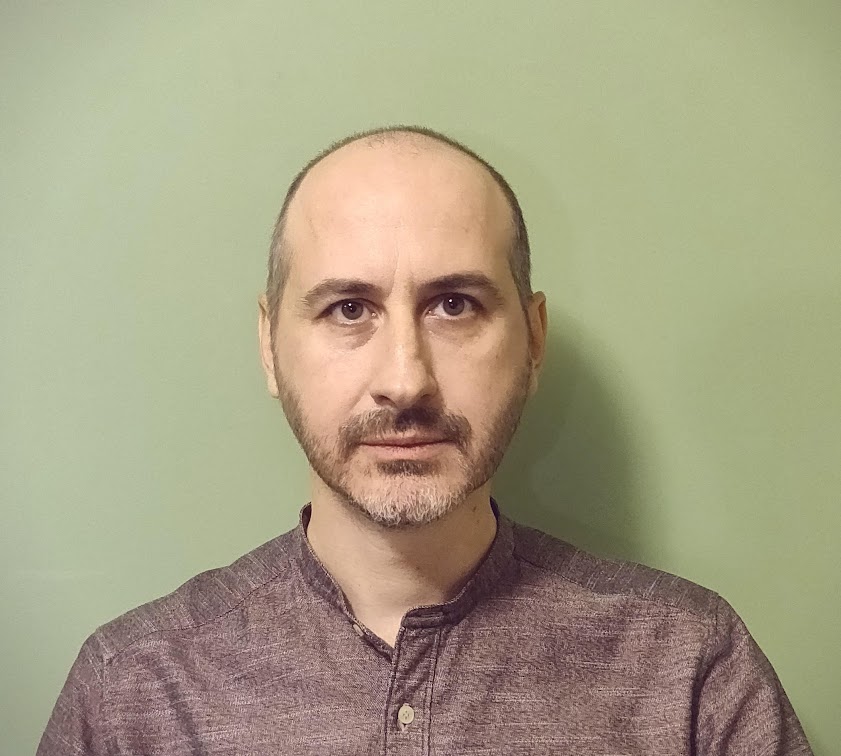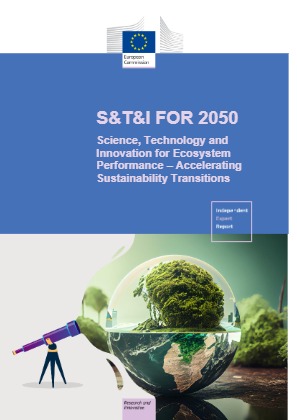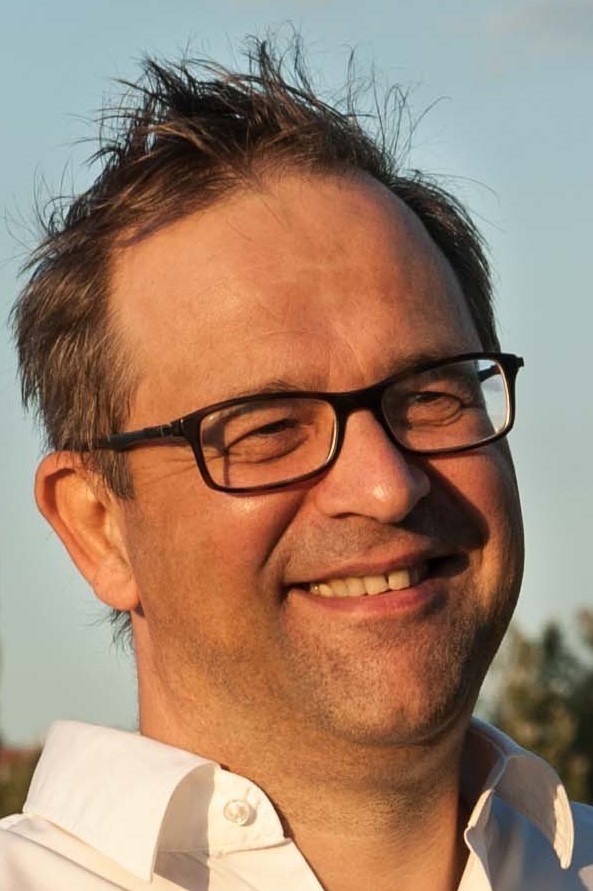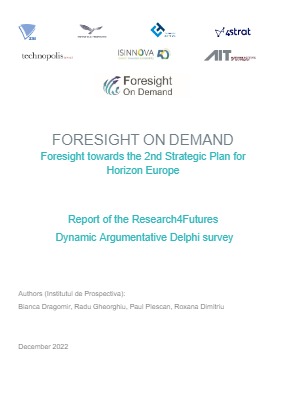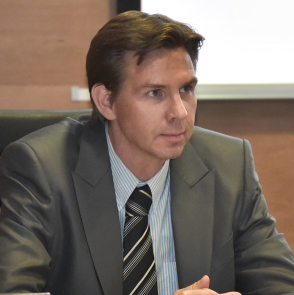How important is the EU Framework Programme for Europe’s ability to respond effectively to potential future disruptions that could unfold from now to 2040?
What are the implications of those disruptions for the directions of EU research & innovation in the period 2025-2027?
These are the questions posed by the Research4Futures Dynamic Argumentative Delphi survey, carried out between 6th – 18th of December 2022 by Institutul de Prospectiva, which engaged almost 950 contributors from Europe and beyond.
The disruptions explored in the survey were drawn from recent foresight work performed by the Foresight on Demand consortium on behalf of the European Commission’s Directorate-General for Research and Innovation (DG RTD), namely two projects: Foresight towards the 2nd Strategic Plan for Horizon Europe, and project S&T&I FOR 2050. Science, Technology and Innovation for Ecosystem Performance – Accelerating Sustainability Transitions. These projects delivered so-called foresight scenarios at the time horizon of 2040, but the scope, methodologies and final results were different.
The case studies developed in the two projects are rather extensive texts, so for a better user experience in the Research4Futures survey, these contents were clustered and significantly condensed, resulting in eleven domains, each presented in a one-page text. In the survey, each domain page was structured under three sections:
i) a brief description of the disruption(s) in the respective domain; where the disruptions encompass both crises and opportunities, hopes and fears;
ii) a set of brief future scenarios that explore different ways the disruptions might unfold and their consequences,
iii) a final section on implications for R&I, in light of the disruptions.
The figure below showcases the way respondents assessed the importance of the EU Framework Programme for Europe’s ability to respond effectively to the potential future disruptions within each of the domains explored in the survey.
Notably, respondents regard the EU Framework Programme as an important vector of the EU in addressing challenges and opportunities brought forth by future disruptions, casting an average score between 4 and 5 (on the scale from 1 to 5) with regards to all domains, with a minor exception.
Second, contributors to the survey view the EU Framework Programme to be of utmost relevance and importance in connection to the future of Artificial intelligence; suggesting a significant role of research and innovation in improving AI applications and establishing ethical frameworks for AI developments, in shaping the nature of human–AI collaboration. The top R&I directions stemming from the survey are:
- AI improvements for specific applications
- The nature of AI and human intelligence
- AI in medical applications
- Understanding cooperation between humans and AGI systems
- Ethical standards, AI regulatory sandboxes
To explore the full results of the Research4Futures survey we warmly invite you to consult the report below.


